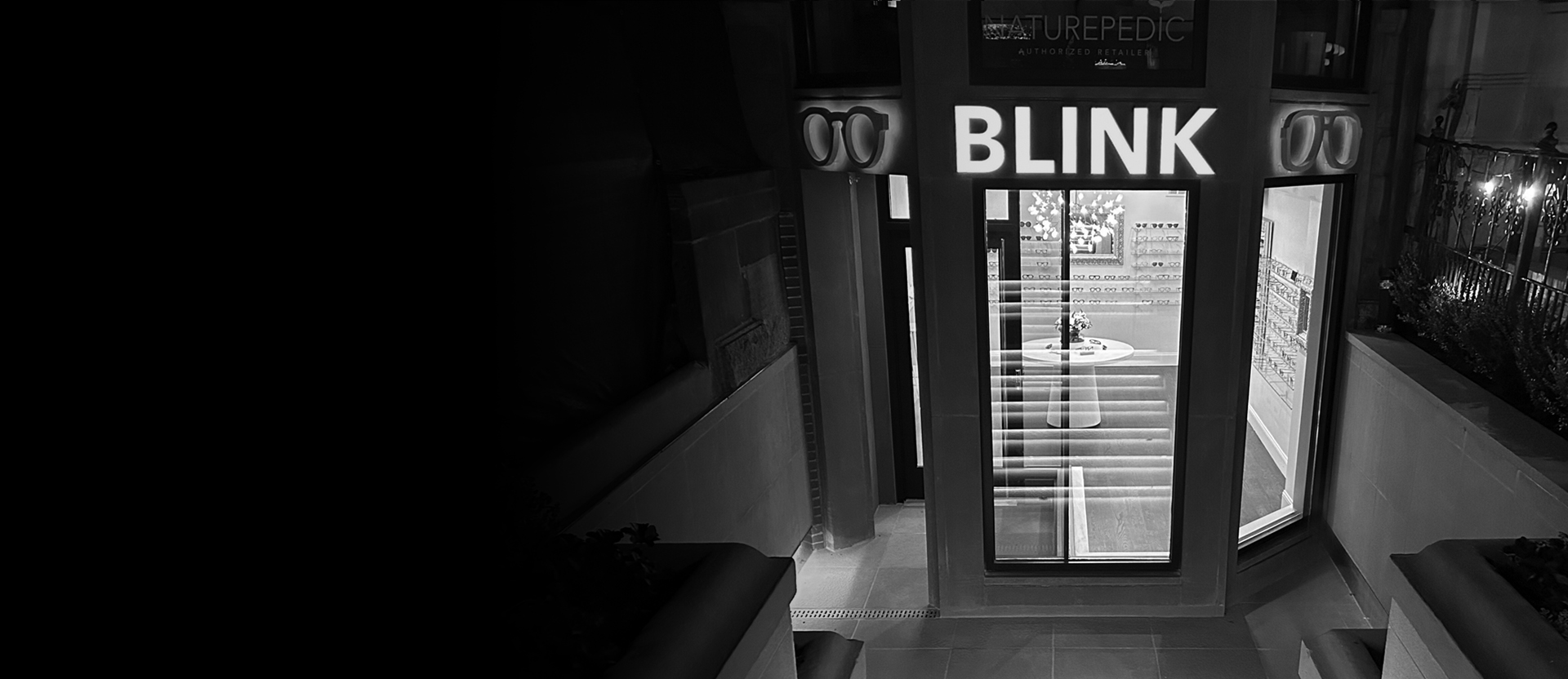
Contact lenses are a convenient and effective alternative to glasses, but they require proper care and attention to avoid complications. Ignoring early signs of irritation or infection can lead to more serious eye issues, which is why it’s important to recognize symptoms and know how to protect your eye health.
Common Signs of Contact Lens Complications
Wearing contact lenses shouldn't cause discomfort. If you experience any of the following symptoms, it's time to take them out and seek professional care:
• Redness: Persistent redness could be a sign of inflammation or infection.
• Blurred vision: If your vision becomes cloudy while wearing contacts, it could indicate a problem with the lens or your eye.
• Discharge or excessive tearing: These are often signs of bacterial or viral infections.
• Light sensitivity: Unusual discomfort in bright light can be an early sign of corneal infection.
• Burning, stinging, or itching: These symptoms may point to dryness, allergies, or irritation caused by the lens material or solution.
Ignoring these signs could lead to more serious complications such as corneal ulcers, which can threaten your vision if left untreated.
How to Prevent Contact Lens Complications
Preventing issues starts with proper lens care and healthy habits:
• Always wash your hands before handling lenses.
• Use fresh solution - never reuse or “top off” old disinfecting liquid.
• Follow the replacement schedule provided by your doctor.
• Never sleep in lenses unless they’re specifically approved for overnight wear.
• Avoid water exposure - remove lenses before swimming or showering.
• Clean your case regularly and replace it every 1-3 months.
These simple steps can go a long way in protecting your eyes and keeping your contact lenses comfortable and safe to wear.
Why Routine Eye Exams Are Crucial
Even if your contact lenses feel completely comfortable, skipping your regular eye exam can put your vision at risk. Many eye conditions develop gradually and without obvious symptoms, making it easy to overlook early warning signs.
Routine eye exams give your optometrist the opportunity to check for signs of infection or inflammation that you may not notice on your own. They can also monitor changes in your prescription or corneal health, both of which can affect how well your contact lenses perform.
Additionally, your optometrist will assess the fit of your lenses to ensure they aren't causing microscopic damage to the surface of your eyes. These appointments are also a chance to bring up any minor symptoms you may have dismissed, such as occasional dryness or blurred vision.
Your eyes can change over time, and even small shifts can impact the safety and effectiveness of your contact lenses. Regular exams are essential for maintaining long-term comfort, protecting your vision, and ensuring the overall health of your eyes. During these visits, your optometrist can also recommend the latest in contact lens technology to help improve fit, comfort, and visual clarity.
Schedule Your Eye Exam with BLINK Today
Contact lenses offer freedom and flexibility, but they also come with responsibilities. Recognizing the early signs of irritation or infection and taking preventive measures can help you avoid complications. Equally important is staying consistent with regular eye exams to ensure your lenses remain safe, effective, and comfortable.
If you're experiencing contact lens discomfort, schedule a comprehensive eye exam at BLINK and make your eye health a priority. Visit our office on Newbury Street in Boston, or reach us at (617) 780-0728 to book an appointment today.


